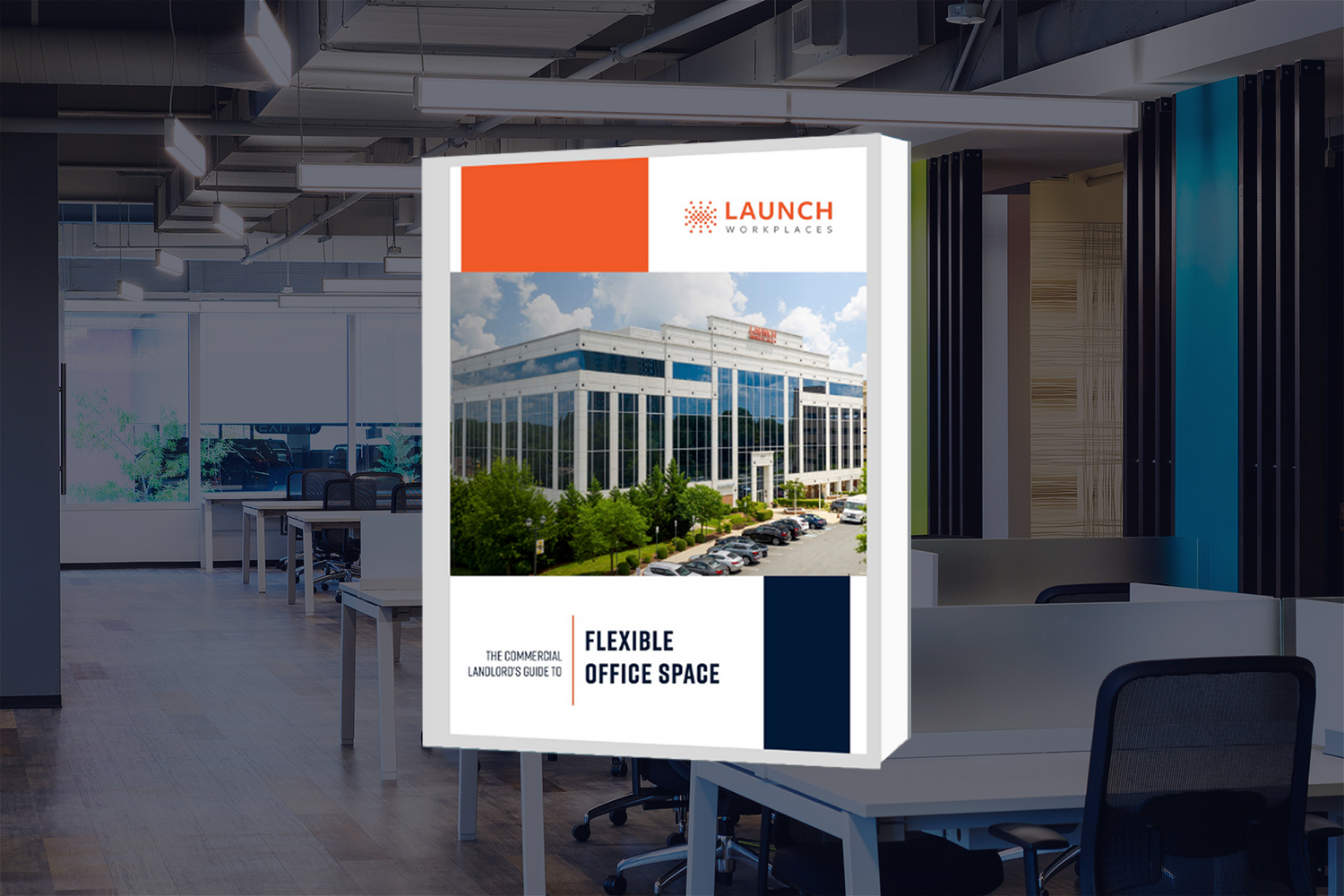Gone are the days of management agreements built on the core philosophy that “a lease is just a lease.” Today, flexible office management agreements are intended to support and protect commercial landlords so that they can successfully launch a profitable coworking business in their building.
In this article, I’ll explain everything commercial landlords need to know about modern flexible office management agreements so that you can transform your commercial property into a money-making flexible office space.
What Are Flexible Office Management Agreements?
I think the best way to explain it is to say that today’s flexible management agreements are basically like boilerplates.
These agreements are really meant to be flexible enough so that, as the building operator and the coworking operator discuss expectations, hopes, longer-term plans for the building, they can all be incorporated in the final result.
Flexible Management Agreements are Meant to Be Dynamic
The key thing to consider when building a flexible office management agreement is what you, as the building owner, are trying to accomplish.
This includes things like whether you’re a buy-and-hold owner, or if your goal is to buy low, add value, get the rent rolled in, and flip it.
From there, the flexible office management agreement becomes a sliding scale of give-and-take that includes things like:
- Furniture
- Build-out
- Management fees
- Terms of a lease run through a management office
When I’m creating a flexible office management agreement, this is the foundation I start with. And then it’s a matter of tailoring it to the exact needs of the building owner.
It’s critical to lay out all key terms in the beginning of the discussion, establish them as items you’ll need to consider as you work through the agreement, and then hash them out through continued dialogue.
Flexible Office Management Agreements Keep Owners and Operators Aligned
Flexible office management agreements aren’t just important because they outline key details. They also keep everyone working together for a common goal.
Office management agreements are important for you as a landlord because it’s ultimately your smartest play to get an operator in your building that can enhance the entire building.
For example, let’s say you have a 10-storey building and you give me the fourth floor to manage. If my goal as an operator was simply to fill the space, I’d just owe you $30 per square foot and that would be the extent of our relationship.
But the problem with that?
You’d be trying to fill your other nine floors while I was trying to fill your fourth floor. And this means I’m inherently competing with you to get members. In that case, I’m going to be trying to market my space in your building and you’re going to be trying to market yours as well. So, ultimately, we’re not working together. We’re working against each other.
At the end of the day, that doesn’t add value to your business.
On the other hand, if we agree to work together, the outcome will be better for everyone.
For instance, if I take the fourth floor and we make aspects of it available to other people in the building — say, by offering free conference rooms to them — then suddenly that fourth floor is an asset you can use to market the rest of your building.
So, with flexible office management agreements, the amenities that we build into your flexible office space suddenly become amenities for the rest of your building, too.
With these agreements, we’re ultimately working together to make your building better rather than competing to fill space.
Your Flexible Office Management Agreement Gets You a Face for Your Building
Another thing to consider is that, when you sign a flexible office management agreement, you’re not just getting somebody to build out your space and bring in members.
You’re getting an experienced ambassador that will represent you all throughout the building — which is a huge asset.
I always tell people to think about it this way: every building has an engineer who looks after upkeep and repairs. And while they may be friendly, their primary job is to fix things, not to be a goodwill ambassador or enhance your members’ experience in the building.
When you sign a flexible office management agreement, you get community managers whose sole job is to make the experience better for everyone in that building.
One Vital Detail That You Absolutely Have to Account For
When you’re getting into a flexible office management agreement, it’s critical that you, as an owner, pay attention to termination clauses.
Make sure you understand how you can terminate your coworking operator and how they can terminate you.
I always say that it’s easier to talk about breaking up when you just start dating. Make sure there’s clarity on that by including defined termination clauses for each party and that you’re comfortable with that before the relationship begins.
At the end of the day, the truest value in flexible office management agreements is that they let you move your real estate out of the world of commodity and into the world of value.
If you’re ready to learn more about how to activate your building, you can read a bit about our management process or get in touch with us. I personally spearhead our landlord partnerships and would be happy to talk to you about all the options at your disposal.




